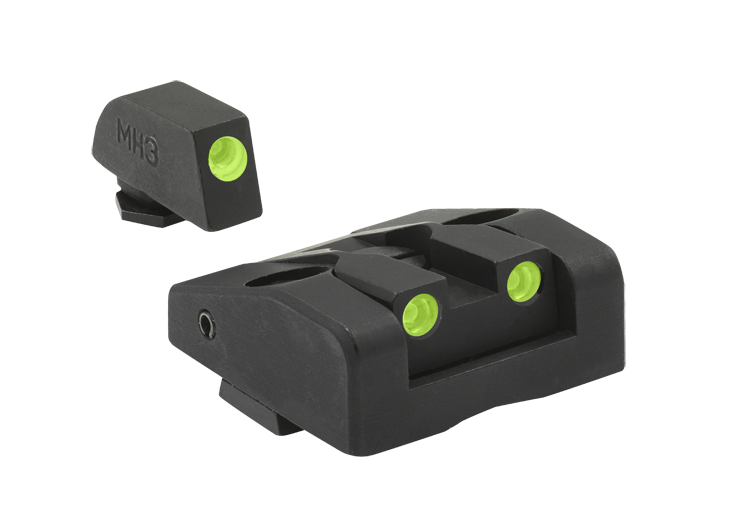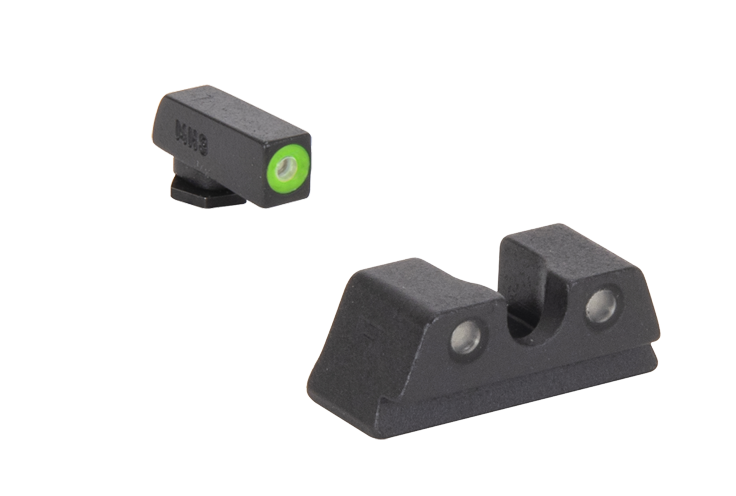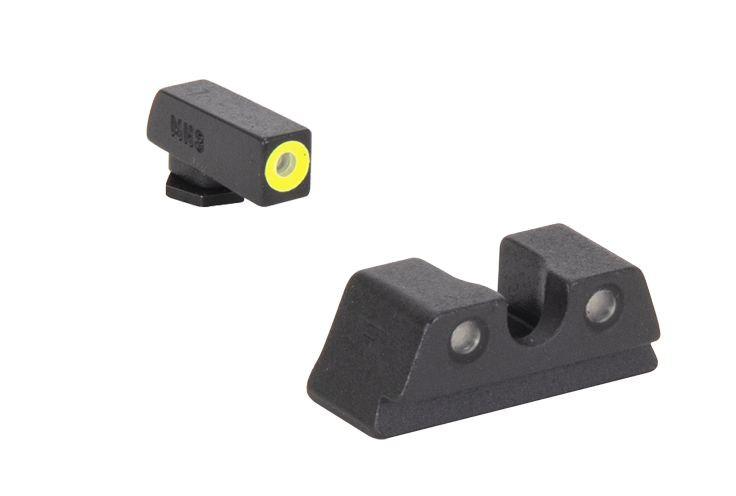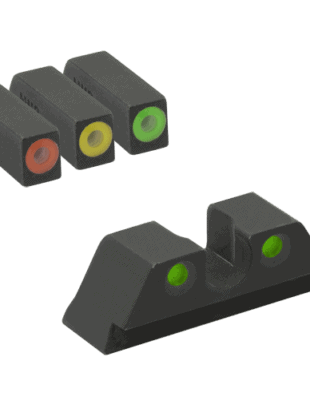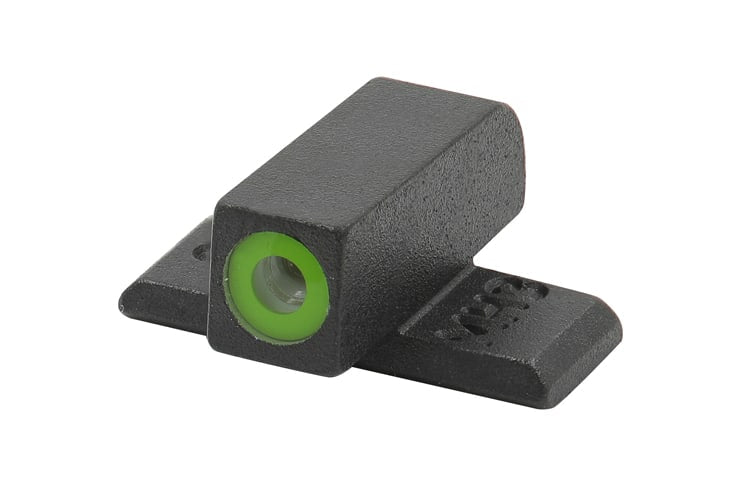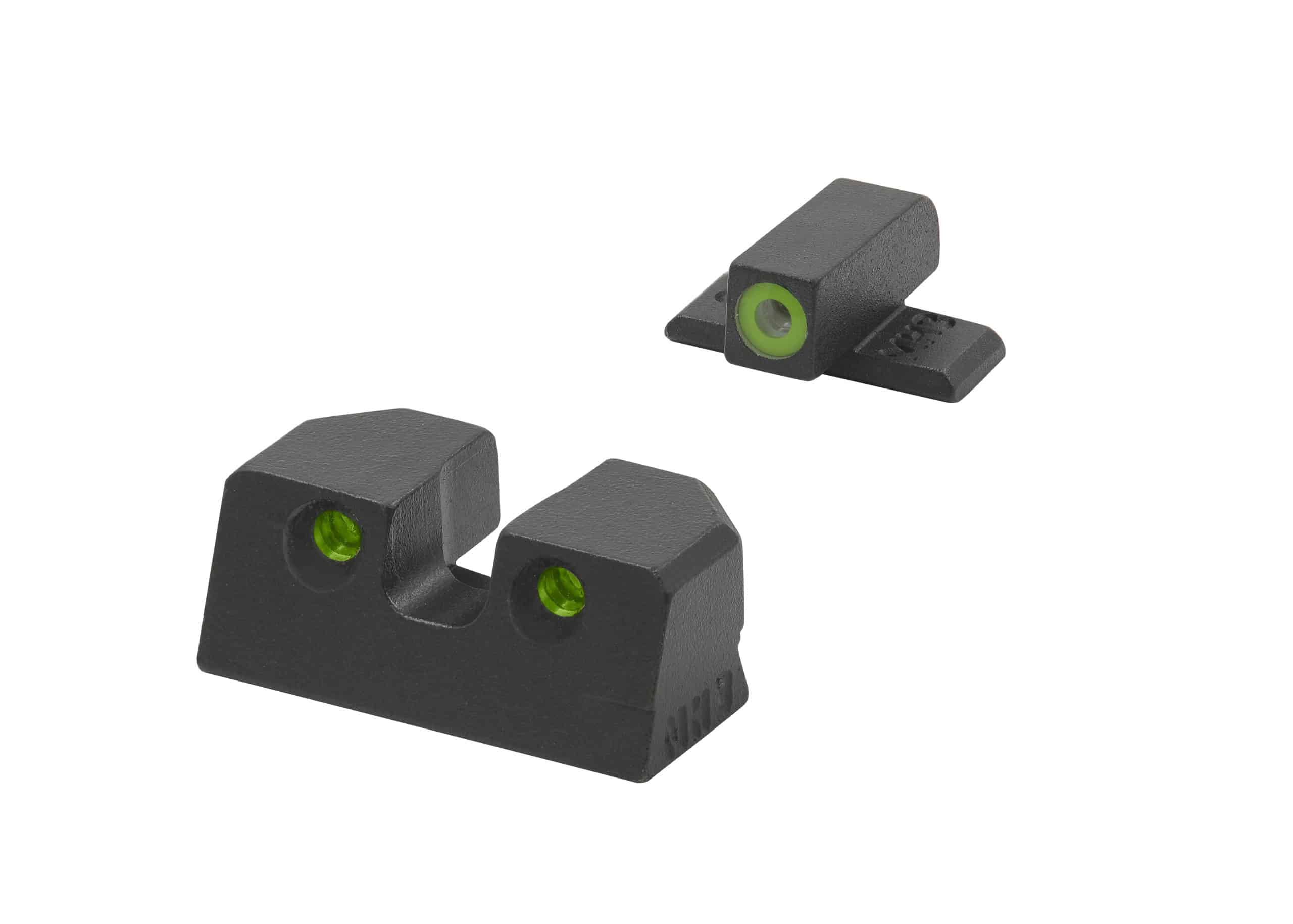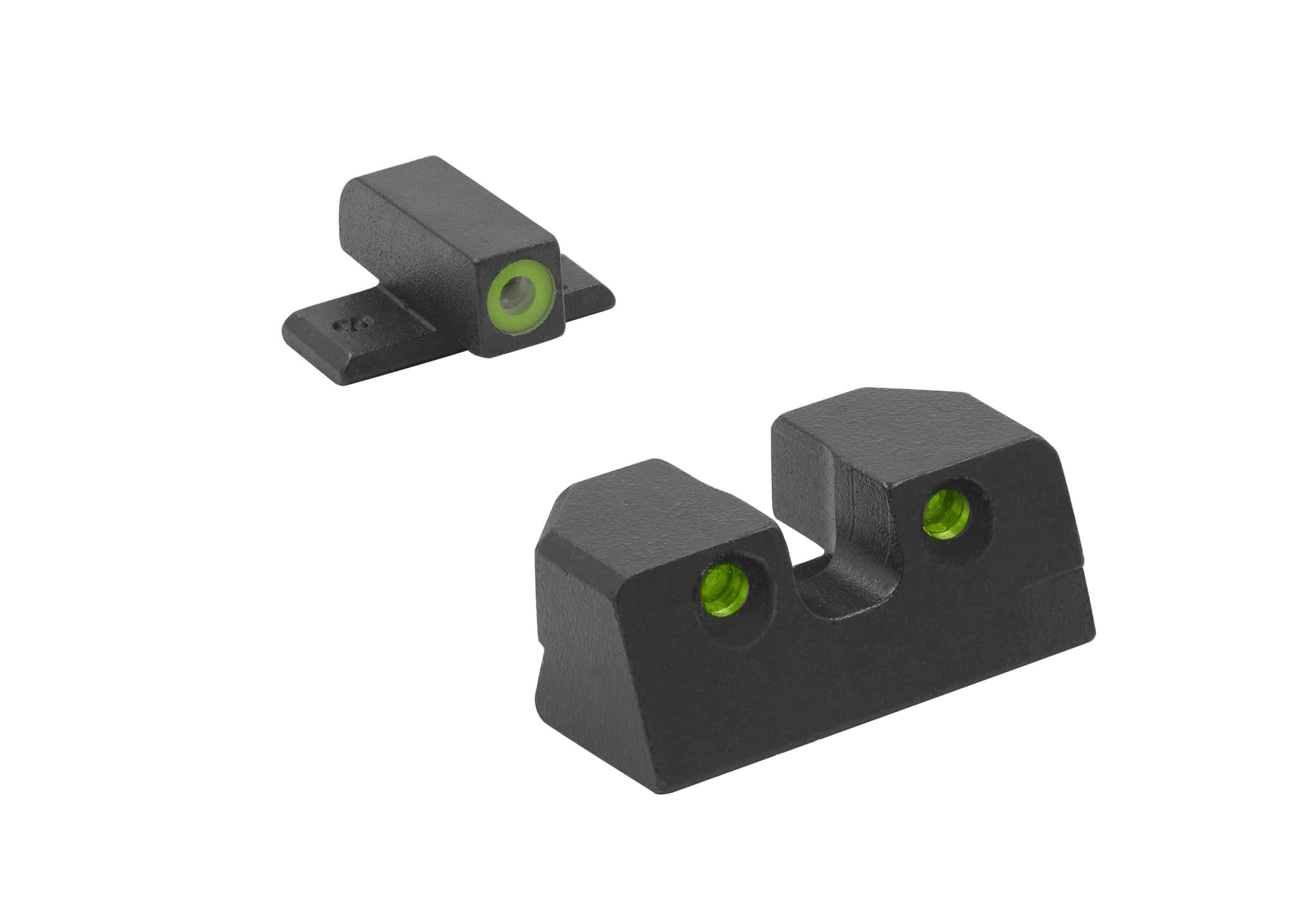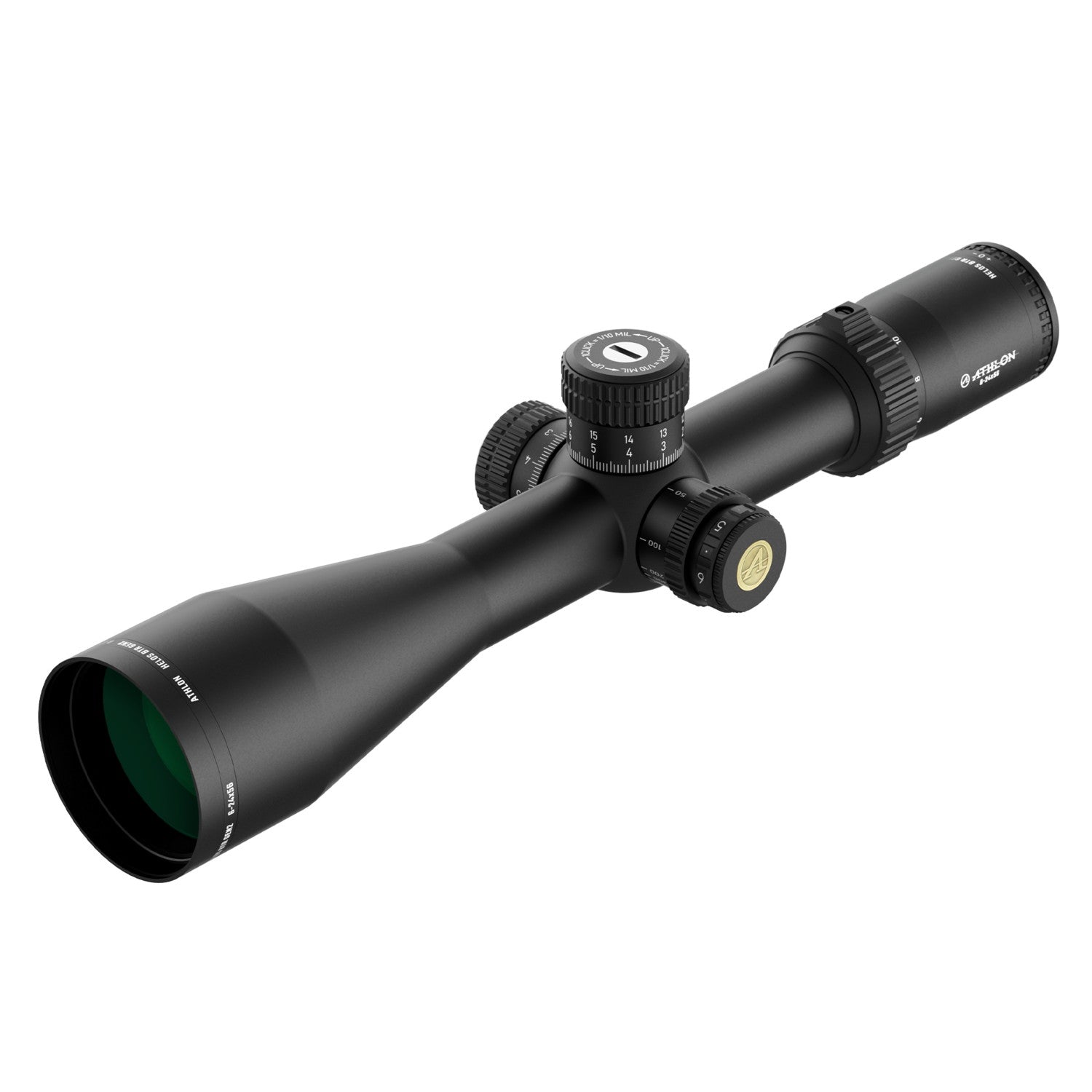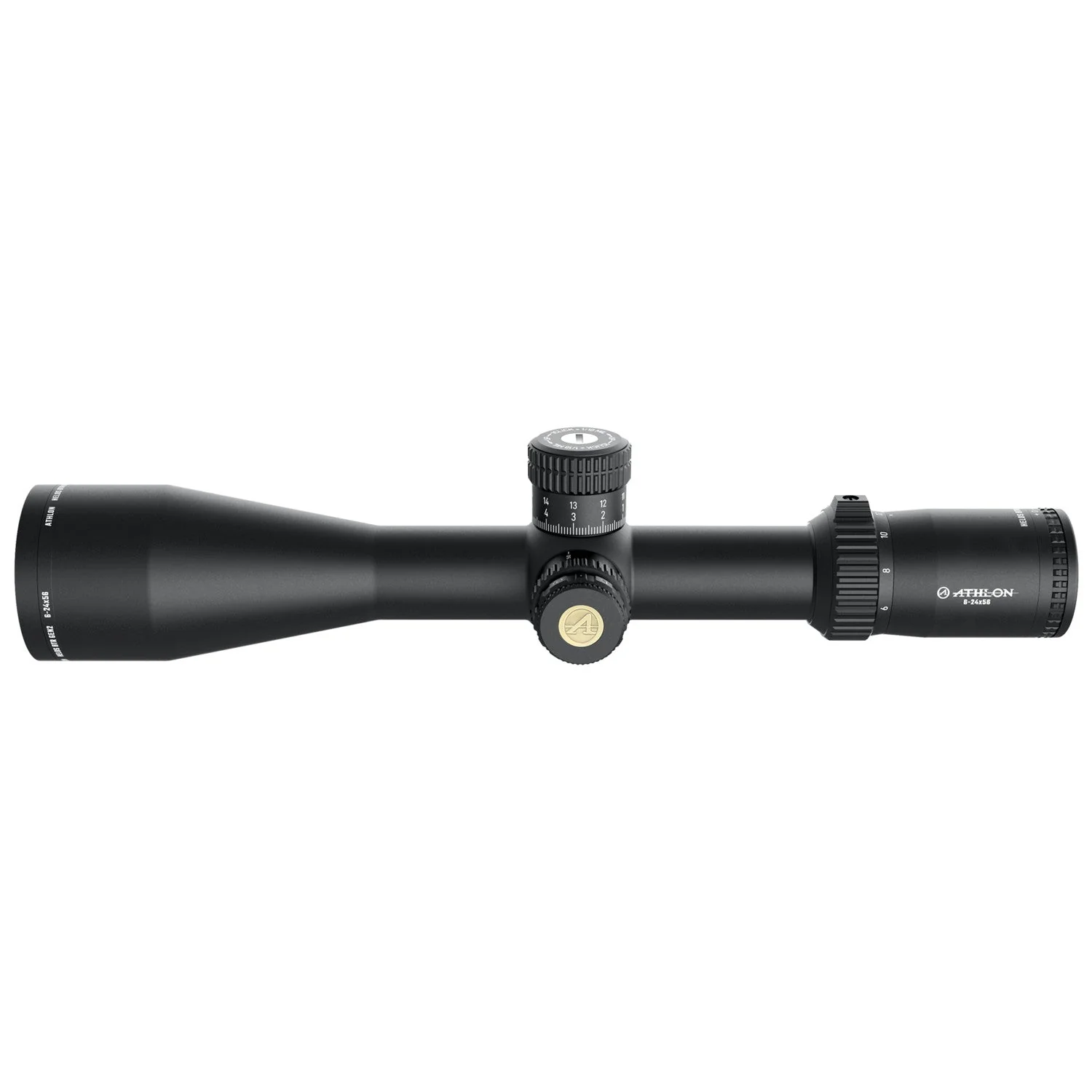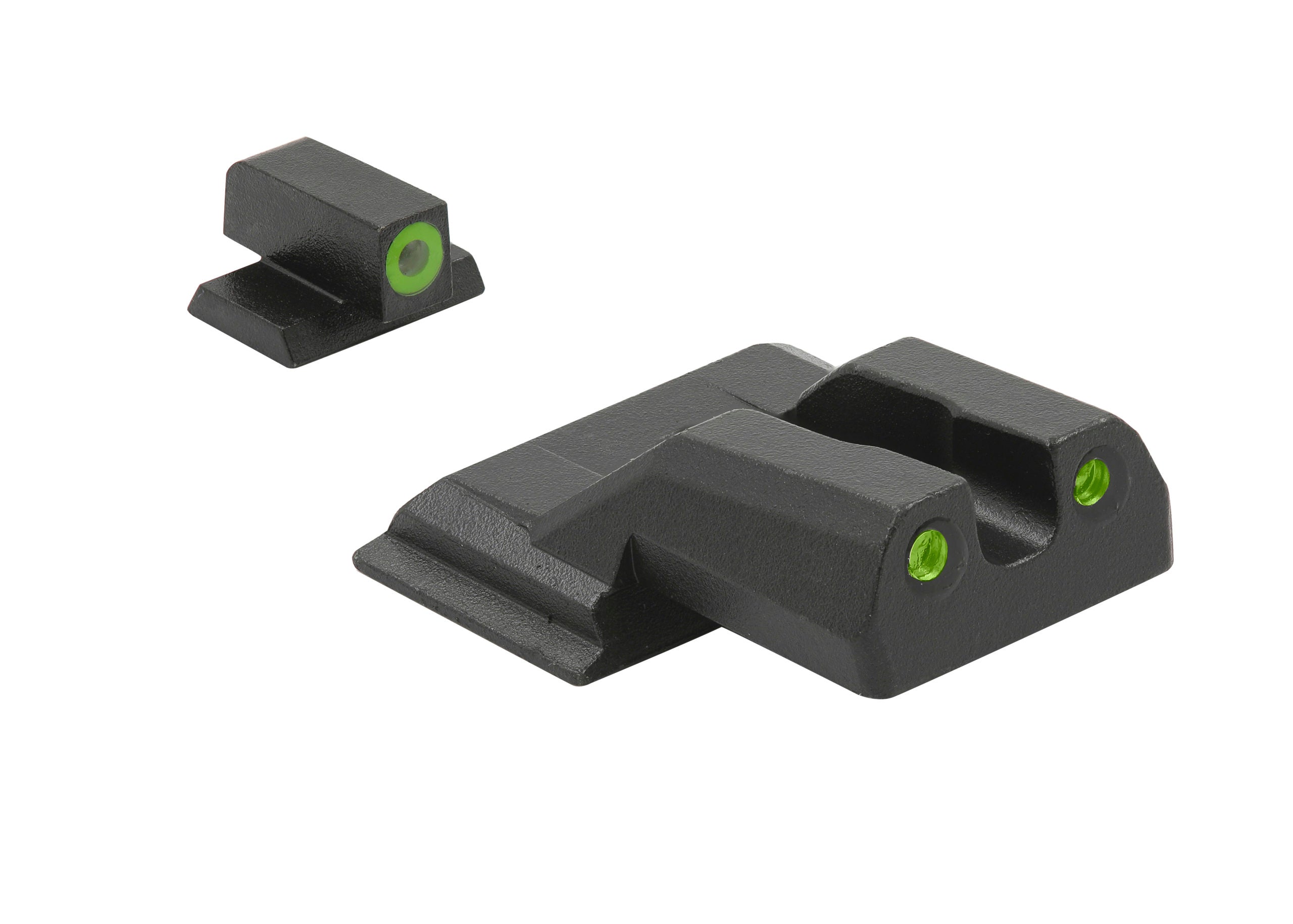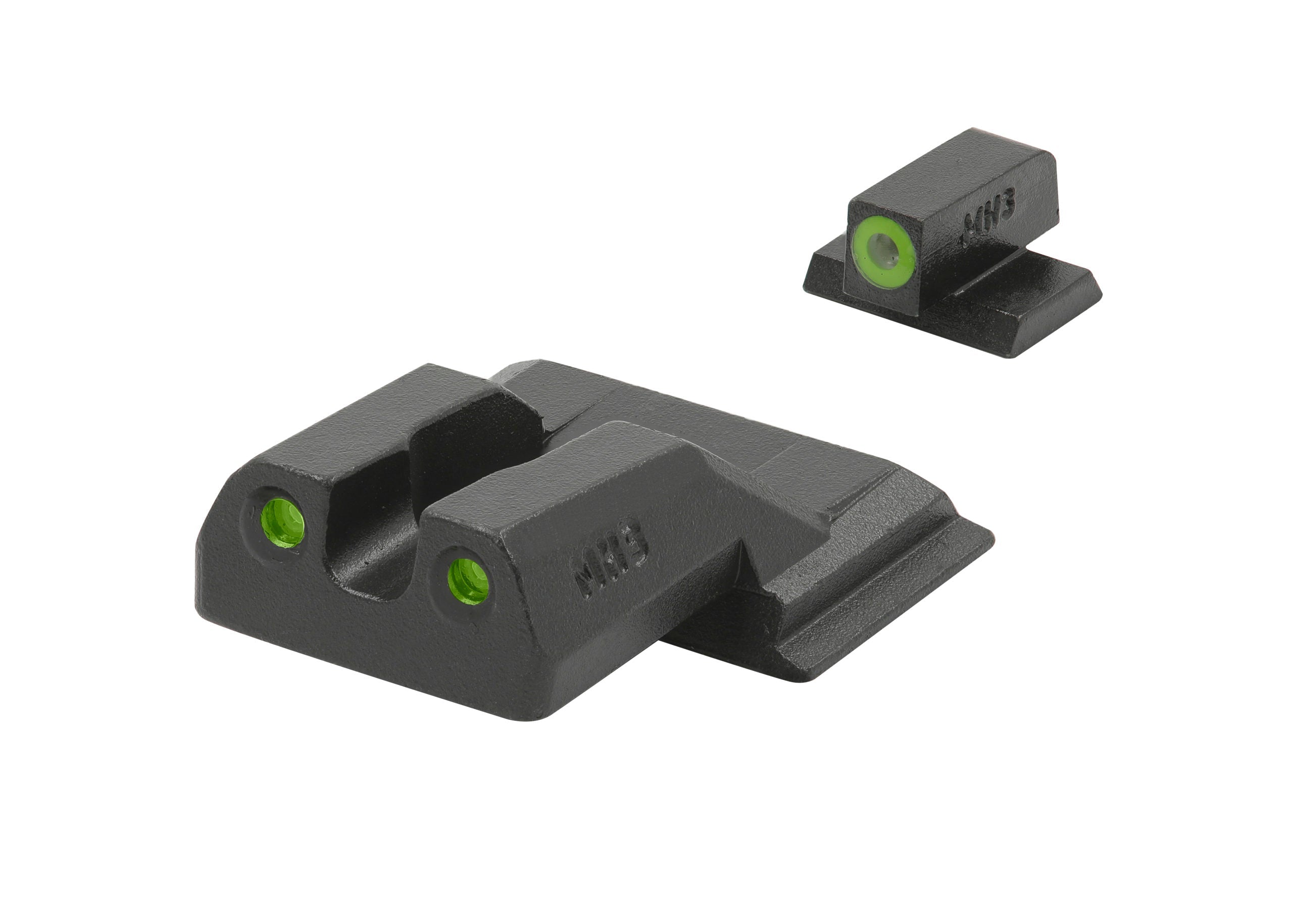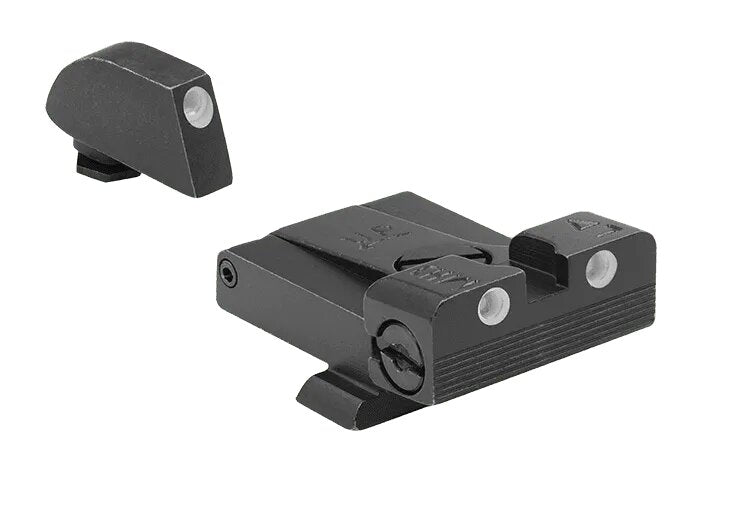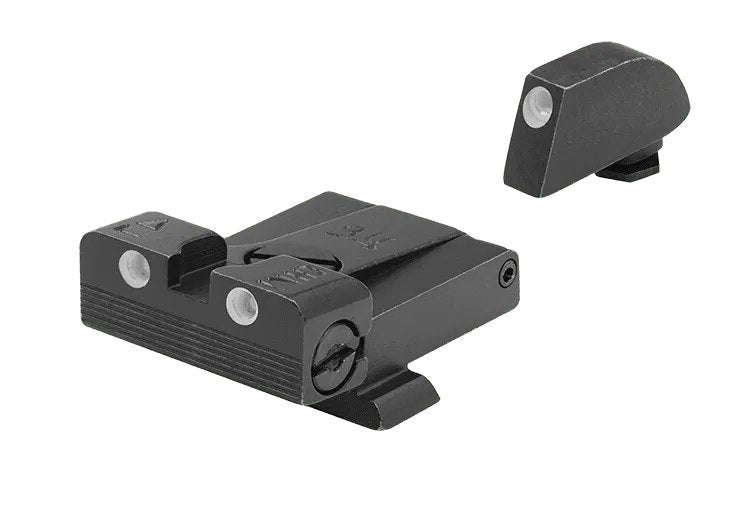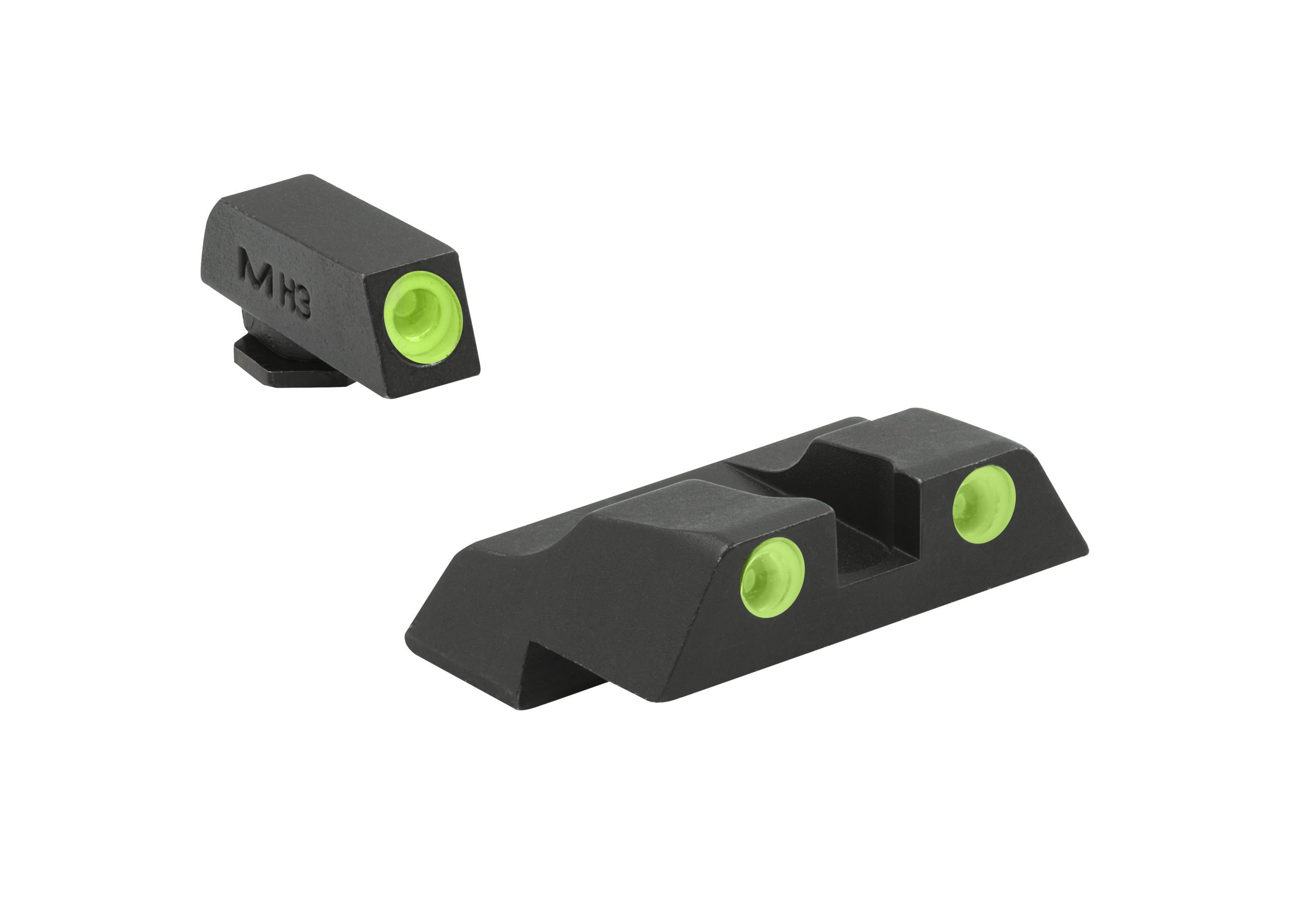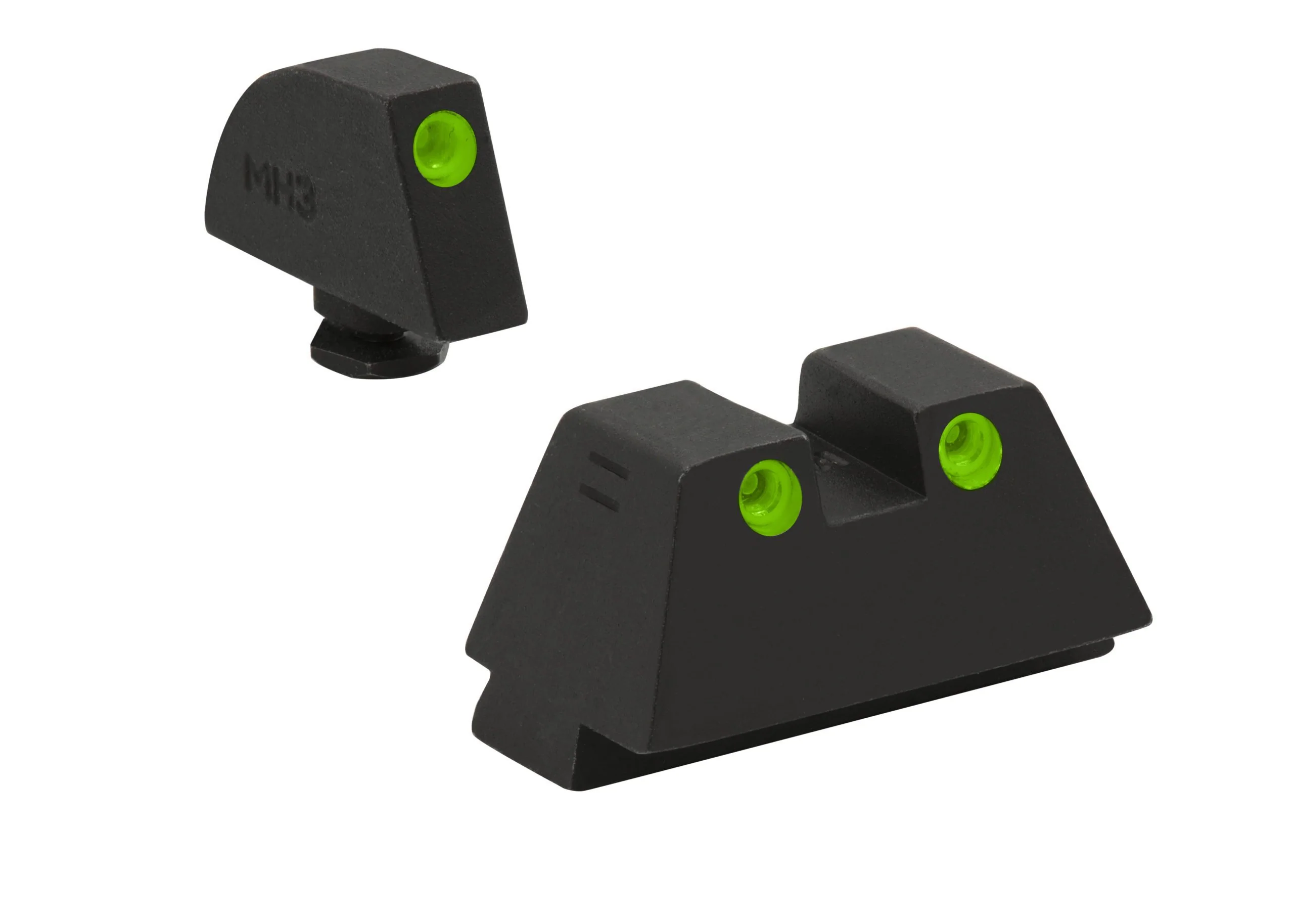Do Glocks Rust? Unveiling the Truth About Glock's Durability
Are Glocks invincible against rust? For those who cherish this robust piece of firearm engineering, the question can be unsettling. However, let's face it head-on: Yes, Glocks can rust.
Now, before that dampens your spirits, there's much more to this story, filled with surprising turns and reassuring facts. Intrigued?
Journey with us as we explore the seldom-discussed relationship between Glocks and rust, and learn how to keep your treasured Glock rust-free.
Understanding the Glock
Let's first establish a shared understanding of what we're talking about. A Glock is more than just a firearm; it's a masterpiece of robust design and engineering.
Known for its high-tech polymer frame and unique surface treatment of its metal parts, it's easy to assume that a Glock is immune to rust.
But like all things metallic, exposure to moisture and certain environments can lead to rust, albeit very rarely.
The Rust Resistant - But Not Rust Proof - Glock
The key here is to remember that while Glocks are rust-resistant, they aren't entirely rust-proof. How so, you ask?
Well, the parts of a Glock that are prone to rust are made of steel, and then treated with a protective coating to reduce corrosion risk.
This protective layer, also known as Tenifer, increases the steel's hardness and makes it rust-resistant.
However, it can wear off over time or due to neglect, allowing rust to form. But don't panic! There's a silver lining to this rusty tale.
Caring for Your Glock: An Ounce of Prevention
You might feel your heart sink, picturing your precious Glock marred by the unseemly blemish of rust. But don't despair! Rust formation on your Glock isn't a death sentence.
It's preventable, and even reversible if caught early. Proper care and maintenance of your Glock can keep it rust-free.
Regular cleaning, oiling, and storing your Glock in a dry place go a long way in keeping the dreaded rust at bay. After all, a well-loved Glock is a well-lived Glock.
The Rare Rusty Glock: It's Not The End Of The World
You discover a spot of rust on your Glock. Your heart skips a beat. Is it ruined? Do you toss it away and get a new one?
Hold on, cowboy! A small rust spot isn't the end of the world, or your Glock. In most cases, light surface rust can be removed with a bit of elbow grease and some cleaning tools.
Remember, the key is to catch it early. The longer rust is allowed to fester, the more damage it can cause.
Learning From the Glock's Rusty Tale
So what can we learn from this tale of Glock and rust? For starters, don't let the fear of rust discourage you from owning a Glock.
They are still some of the most reliable and durable handguns out there. Also, remember that good things come to those who care. Regular maintenance not only keeps rust at bay but also ensures your Glock performs at its peak when you need it.
Lastly, remember that it's okay if your Glock develops a bit of rust. It doesn't mean you're a bad owner or that your Glock is ruined. It just means you have an opportunity to learn and grow.
After all, the true gun enthusiast isn't defined by the problems they encounter, but by how they overcome them.
In conclusion
You asked, do Glocks rust? And the answer is, yes, they can, but it's a rare occurrence and not the norm. With proper care and maintenance, your Glock will serve you faithfully for years, rust-free.
So, go ahead, enjoy your Glock, give it the love and care it deserves, and it will return the favor tenfold. Rust or not, a Glock is a trusty companion that won't let you down. Now that's a comforting thought, isn't it?
Shop Best Sellers, For Scopes, Tactical Sights and Binoculars
